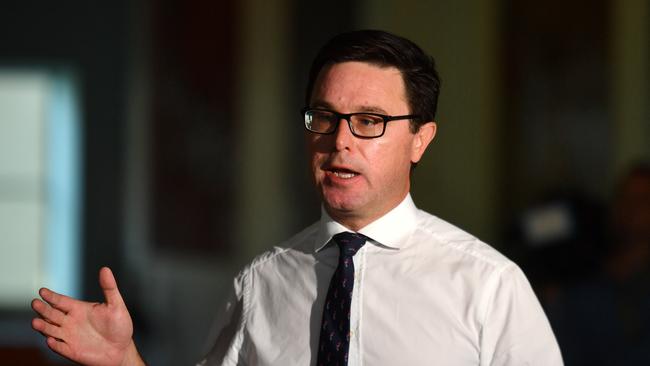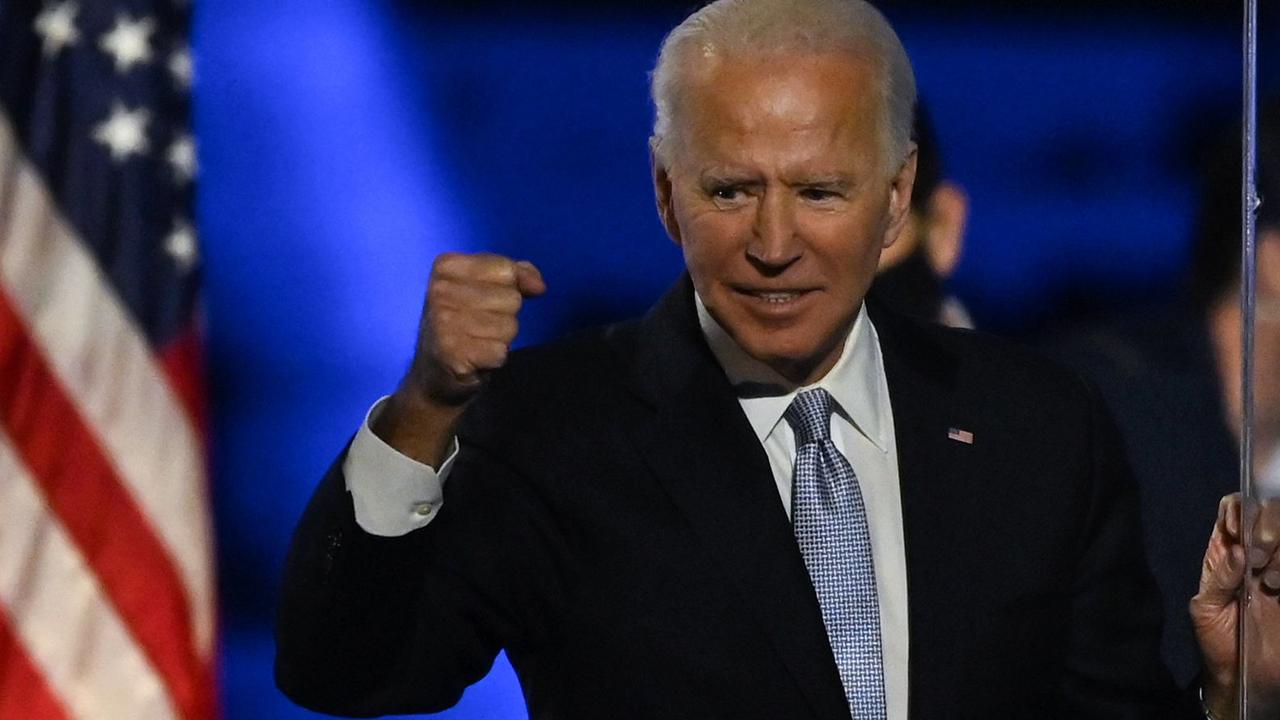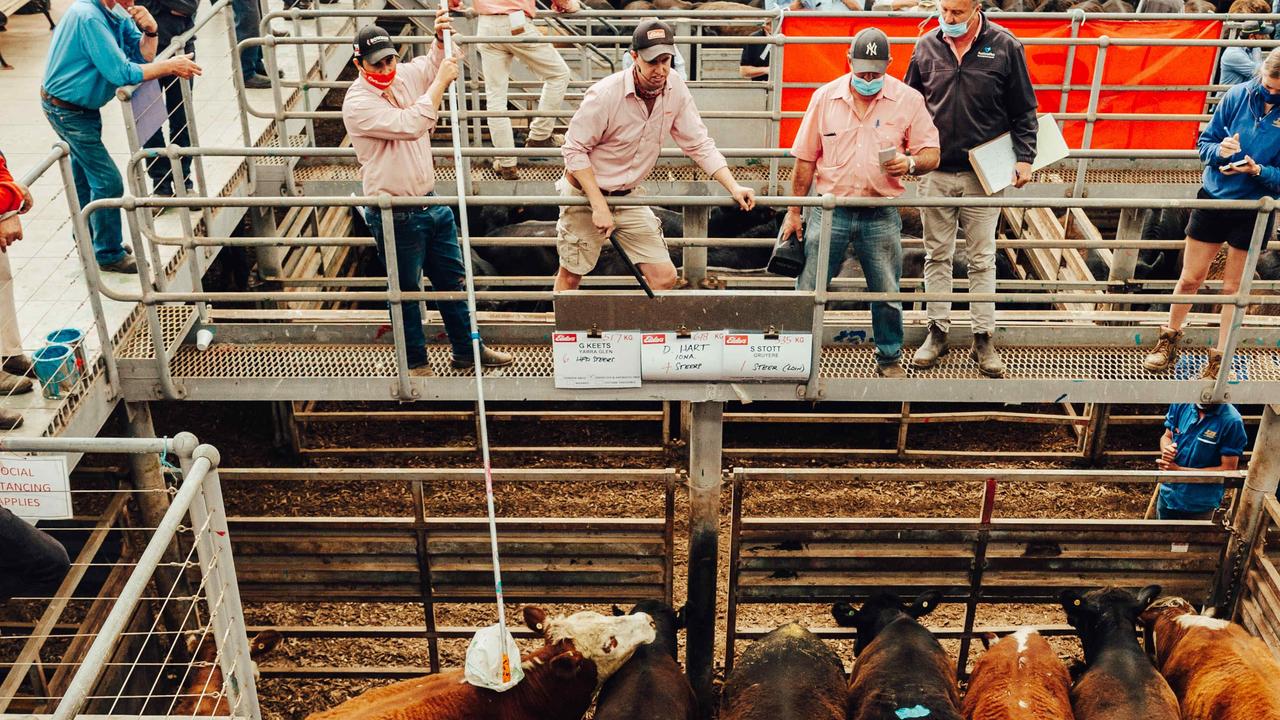Livestock industry rejects UN’s Twitter claim about cattle production
The United Nations has faced backlash from the Australian red meat industry over a controversial tweet.

A TWITTER battle has erupted between the Australian red meat industry and the United Nations over greenhouse gas emissions and livestock production.
Earlier this week, the United Nations published a tweet claiming the red meat industry was responsible for “more greenhouse gas emissions than the world’s biggest oil companies”.
But the organisation has back-pedalled on their claim today by removing the tweet from their profile.
#BREAKING - The @UN has pulled down social media content claiming the meat industry produced worse carbon pollution than the oil industry. @NationalFarmers @D_LittleproudMP pic.twitter.com/urW2ACHHda
— Cattle Council of Australia (@cattlecouncilau) July 30, 2020
The original tweet, which claimed meat production “contributes to the depletion of water resources and drives deforestation” caused a furore online, with leaders from the livestock industry and the Federal government rushing to the defence of livestock producers.
Agricultural Minister David Littleproud labelled the tweet as “irresponsible”, illustrating a “fundamental misunderstanding and a deliberate misrepresentation of the science” of climate change.
“As I said earlier this week, Australian meat producers were among the most sustainable
land managers and environmental stewards in the world, and we are committed to
supporting them in their noble task of helping feed the world,” Mr Littleproud said.
“The fact that the UNs anti-meat Twitter campaign lasted just days demonstrates how out
of touch the international body was found to be on this issue.”
Cattle Council President Tony Hegarty said it was “reckless” to compared the livestock industry to oil production,
“The oil business unlocks long-term carbon storages, the meat business does not,” Mr Hegarty said.
“It is reckless to say we are the same as an industry that unlocks millennia-old carbon storages. The earth’s oil reserves have been locked away for more than 50-million years,” Mr Hegarty said. `
“We are having the debate, with the beef industry committed to zero net emissions by 2030. We are also using our extensive natural resources to be part of the broader solution through programs such as the Farm Biodiversity Stewardship Program.”
MORE
VICTORIAN AG COMPANIES HIT BY CORONAVIRUS



